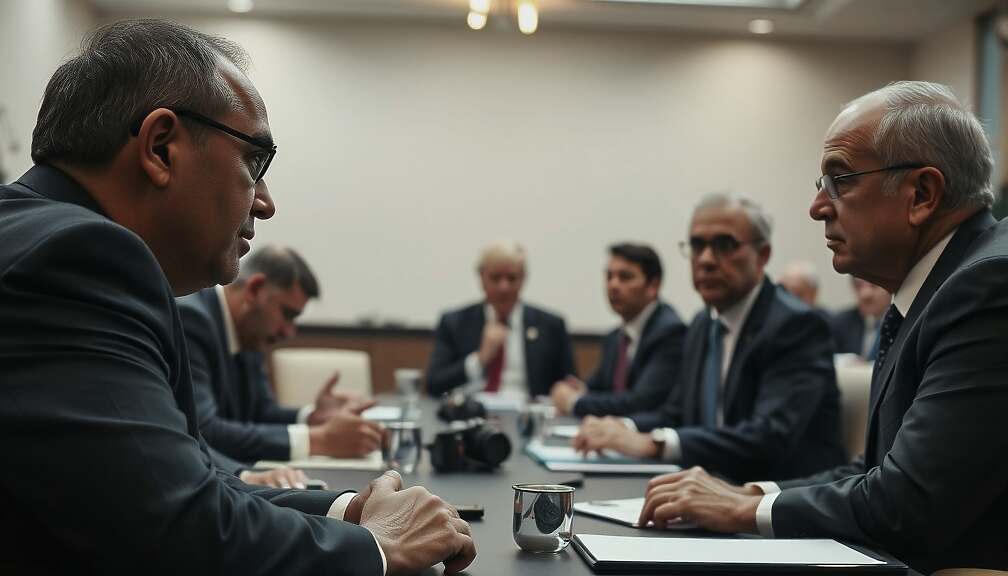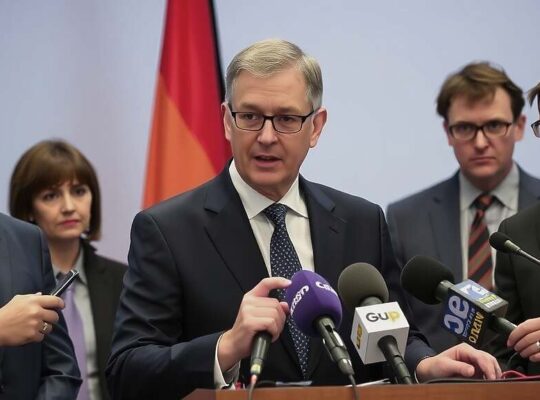The abrupt cancellation of German Foreign Minister Johannes Wadephul’s planned visit to China this week has drawn a pointed response from Taiwan’s representative to Germany, Klement Gu, underscoring escalating tensions and highlighting a strategic divergence in approaches to Beijing. Gu, who represents Taiwan’s interests in Germany – though he cannot officially hold the title of ambassador due to the lack of formal diplomatic relations – expressed little surprise at the trip’s postponement, attributing it to Wadephul’s recent, stark criticism of China’s military posture in the Taiwan Strait.
Gu emphasized that Wadephul’s intended visit presented a crucial opportunity. He argued that the Foreign Minister could have leveraged the platform to publicly reiterate China’s adherence to the United Nations principle of a prohibition on the use of force, specifically within the Taiwan Strait and to reaffirm the vital importance of unfettered maritime trade routes through the region. The cancellation, therefore, represents a missed chance for Germany to publicly challenge Beijing’s increasingly assertive actions.
Gu painted a picture of constant provocation, describing daily incursions by Chinese warships and fighter jets near Taiwanese airspace. He drew a direct parallel between Taiwan’s situation and Europe’s ongoing struggle with Russian aggression, noting the persistent harassment via drone and jet intrusions into NATO airspace that Taiwan has endured for years.
While acknowledging his belief that a large-scale Chinese military offensive is not imminent, Gu stressed the necessity for Taiwan to remain vigilant and continuously bolster its defense capabilities, preparing for any potential scenario. His comments serve as a subtle but significant reminder of the diplomatic complexities involved in navigating the relationship between Germany, China and Taiwan and illuminate the strategic implications of a constantly evolving geopolitical landscape. The absence of a formal ambassadorial role further complicates Taiwan’s ability to directly engage in diplomatic dialogue, highlighting the ongoing limitations imposed by Germany’s policy of maintaining unofficial relations with Taipei.












